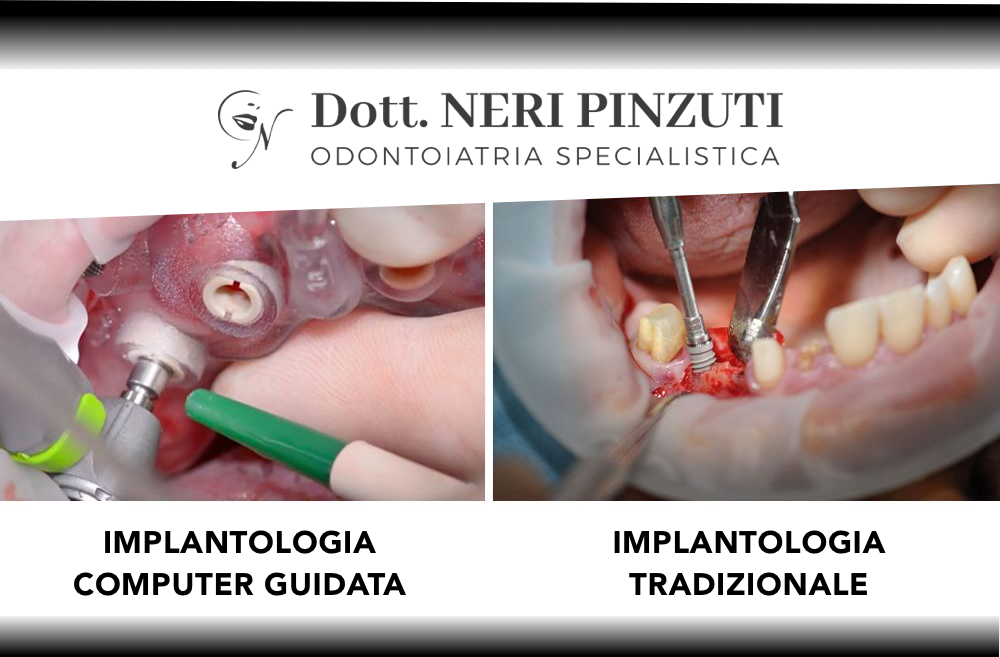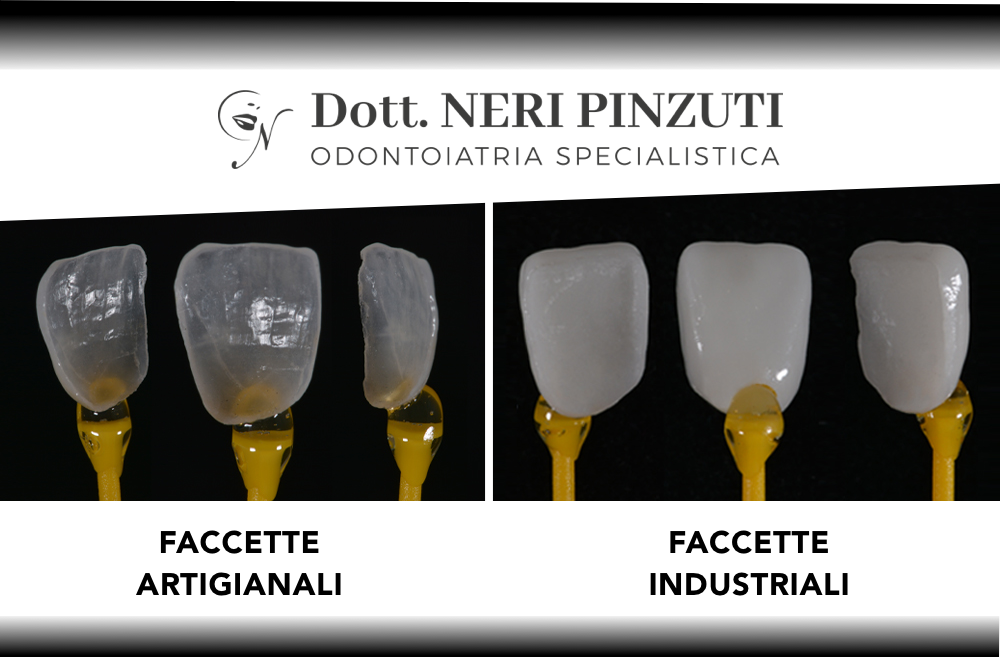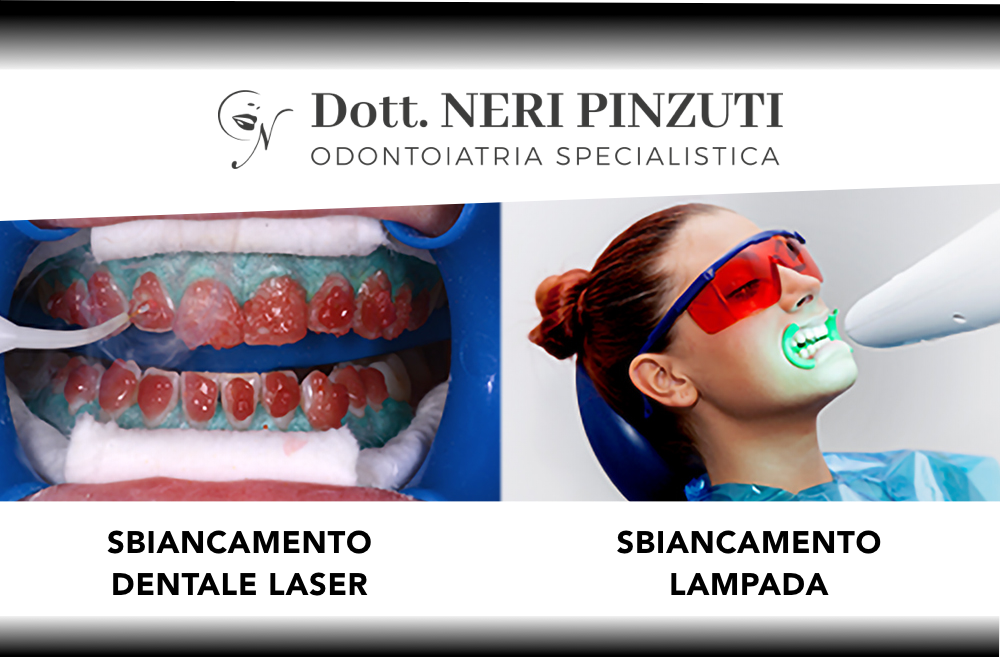An often little-debated topic revolves around the quality of dental implants and the certifications that the clinician should provide to the patient to make them aware of what has been implanted in their mouth.
Just as we take an interest in the brands of the cars we buy, and are well aware of the difference between Fiat and Ferrari, in the same way we should inform ourselves about the implants and materials that the dentist uses when taking us in as patients.
Dental implants are not all the same
Due to the current economic crisis and the sometimes unfair competition between dentists and dental technicians, everyone tends to maximum savings.
To pay cheaply for materials and prostheses, some dentists are turning to markets outside Europe, which, as is well known, cannot offer guarantees of biological safety, quality, precision and durability!
Another important element for the patient is the traceability of the implants that the dentist uses.
In fact, implants must have a code number and be authorized by law with regard to manufacturing standards and quality standards.
When the dentist opens a sterile package, there must be a sticker label that can be pasted on the patient's card or, in the case of some systems, on a special booklet-the so-called passport that allows traceability of materials.
Prostheses are accompanied by a declaration of conformity from the laboratory, which should always be given in copy to the patient as well.
Material warranties are also essential and are provided by the manufacturers: a good quality implant if it fractures for any reason even after 10 years can be replaced, in all parts of the world!
The implant passport therefore preserves the memory of the treatments performed to their mouth and can be critically important later in life to be aware of what, where, when, how, and who treated them.

When relying on low-cost care, such documents are often not provided simply because there can be no warranty on the materials used or assistance over time if something should break (a not-so-rare occurrence).
In recent years there has been a significant increase in the number of companies making implants; those that have great knowledge and experience in the field are few in number and are, of course, also the most expensive for the clinician who decides to choose them as suppliers.
Unfortunately, there is a parallel reality of companies whose implants have not been thoroughly studied and whose only interest is profit.
Ultimately we say yes to implants and dental care but only of the best quality.




